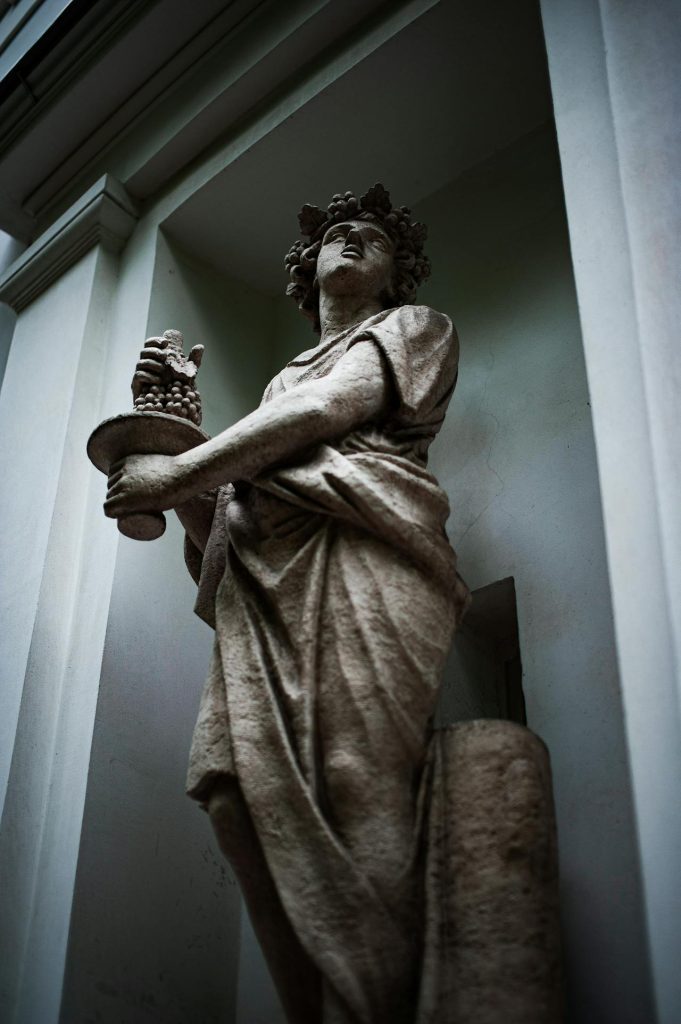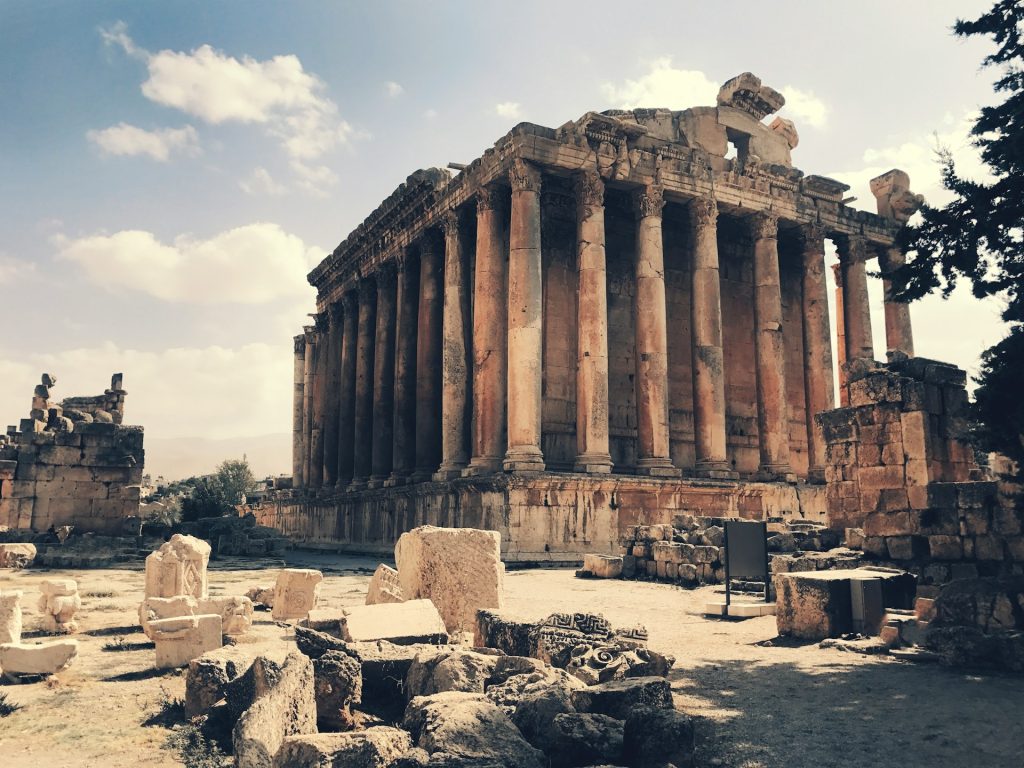Your basket is currently empty!
Dionysus
The God of Wine, Ecstasy, and Transformation
Dionysus, the Olympian god of wine, revelry, and fertility, was a complex figure who embodied both joy and chaos. The son of Zeus and the mortal Semele, his birth was marked by tragedy. After Hera tricked Semele into demanding to see Zeus in his true form, the mortal perished from the god’s blazing glory. Zeus saved the unborn Dionysus by sewing him into his thigh, later giving birth to the child himself. This miraculous birth earned Dionysus the title of the “twice-born god.”

As the god of viticulture, Dionysus was celebrated for teaching humanity the art of winemaking. But his influence extended far beyond the vineyard. He presided over festivities, theater, and ecstasy, representing the liberating power of intoxication and the breaking of societal boundaries. His followers, including the wild and frenzied Maenads, worshipped him through ecstatic rituals that blurred the lines between humanity and divinity.
Dionysus had a transformative quality, symbolizing rebirth and the dual nature of life: its pleasures and its destructive forces. He was also associated with madness, as shown in the myth of King Pentheus, who resisted Dionysus’s cult and met a grisly fate.
Though not a central figure in the Trojan War, Dionysus’s influence can be seen in his fostering of creativity and emotional expression, aspects vital to Greek culture.
Dionysus’s legacy is one of freedom, joy, and the acknowledgment of life’s paradoxes. As the god of transformation, he reminds us to embrace both the chaos and beauty of existence.

Leave a Reply